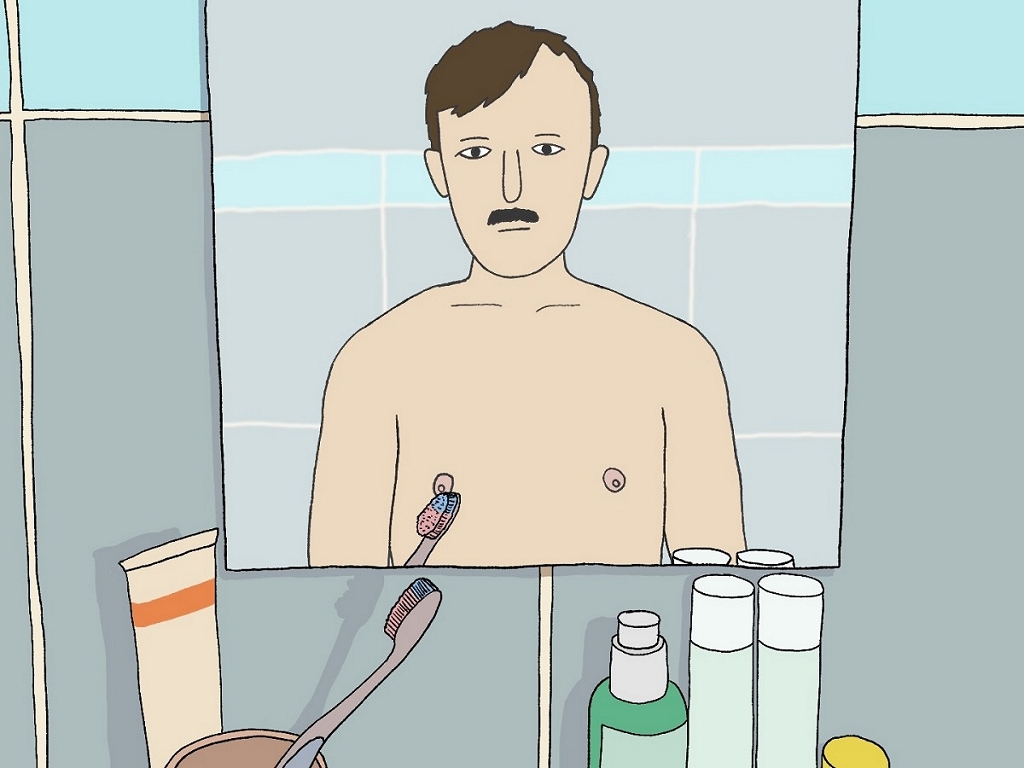« Millions are at risk of dying in HIV when the United States abandon them »

The consequences of US stops of assistance via USAID and Pepfar begin to clear. Over one night, 40 percent of the world's aid disappeared and 60-90 percent of Africa's HIV care. But plans are missing to compensate for this.
Over the past 25 years, successful efforts have more than halved the number of new HIV infections and AIDS killing cases. Pepfar has saved 26 million lives And gave the United States a great influence in HIV research, global development and pandemia fight.
Now standing over 20 million of the 30.7 million people who receive HIV treatment without financing and access to medicines in the future. In addition to preventing people living with HIV from becoming ill in AIDS, antiviral drugs also have preventive effects by lowering the amount of virus to the infectious level. All other HIV prevention activities have also ceased. For example, it is about testing, medicine for newborns, condom distribution, school information and male circumcision (reduces HIV risk by 90 percent).
The 90 -day stop of USAID's efforts is expected to be permanent. 97 percent of staff has been notified and forbidden to work or communicate, which led to mass settlements in Over 50 countries.
A exception For life -saving medicines, forced by protests, in practice is ineffective – since staff and functioning logistics Missing. According to the Aid organization Amfar, therefore risks 136,000 infants Being infected with HIV during the 90 days, which is more than twice as many children as the whole last year (the figures, however, become difficult to verify, since almost all data collection in patient register also has been dependent on US funding).
In the village of Kasensero, AIDS epidemic epicenter where up to 30 percent live with HIV, 80 percent of HIV-positive children have already been taken out of the school by the parents-who prepare their children's funeral.
In Uganda, Where 1.5 million people are dependent on US-funded HIV drugs, all HIV clinics have closed. When USAID shuts down, these patients will now be in Uganda's heavily underfunded state health systems. For adults, the medical stocks last for 1-3 months, but for many children they ended as early as February. Preventive efforts are not expected to resume.
In the village of Kasensero, AIDS epidemic epicenter where up to 30 percent live with HIV, 80 percent of HIV-positive children have already been taken out of the school by the parents-who prepare their children's funeral. Doses in stock have gone to the highest bidder. Some have sold their belongings in the hope of being able to buy HIV medicine if it becomes available, but the abandonment is compact.
Should not African countries deal with the situation themselves? Well, in the long run. But a responsible transition would have needed ten years of capacity building, education and intensified measures to reduce the infections so that fewer need lifelong medicine. The fact that the African countries would take over responsibility is impossible.
Sweden has a tradition as a humanitarian great power and advocates for sexual and reproductive health (SRHR), which becomes even more important when other countries fail. US policy change involves a brutal deterioration of SRHR efforts globally. According to Guttmacher Institute Are millions of more unwanted pregnancies, uncertain abortions and tens of thousands more women to wait. The staff who have now lost their job and their clinics also provided contraception, maternity care and sexual information.
Words such as gender, Abortion and LGBTQI have been banned by the United States in guidelines, leaving vulnerable groups and sexual minorities, Especially in Ugandain danger. It is contrary to the Swedish Government's New strategy For development, where SRHR is a priority.
The fact that more people get sick with AIDS has enormous consequences. Prior to antiviral therapy came, AIDS caused up to 45 percent of deaths in southern Africa, which left millions of children or severely affected GDP – a human and economic nightmare scenario that now risks being repeated.
As USAID disappears, at the same time, China's and Russia's influence in Africa increases
Missing care in vulnerable countries can drive more people to escape against Europe, as hope for life -saving treatment in the EU is a strong driving force, and a possible reason for the corresponding treatment is lacking in the home country. As USAID disappears, at the same time, China's and Russia's influence in Africa increases through assistance and investment in, for example, road construction. The EU and Sweden are needed to safeguard values around democracy, legal systems, human rights and sustainable development.
It is a moral obligation. Allowing millions of young people to die in a fully treatable disease is unworthy. It is not enough to always ask: « What's in it for me? »
When antiviral Treatment is lacking, resistance development against HIV medicines risks shooting up and also becoming a global threat. Virus knows no bounds, something we became aware of the Coronapandemia, but HIV mutates many times faster than Covid-19.
In South Africa, where 8.5 million lives with HIV, resistant mutations are expected occur within a few weeks When a medication shortage forces people to divide their doses or sparse them. Widespread resistance to HIV drugs, such as Dolutgravir, which is currently used extensively in both Sweden and Africa, undermines existing treatment all over the world.
HIV prevention is a lot Cost -effective. As the infections are now increasing again, economic development is threatened with expected costs in the multi -billion class for humanitarian, social and medical efforts, loss of schooling and working people. Most people who get HIV are under 30 years.
In this crisis situation, the government should re-evaluate its position and instead increase contributions to independent global organizations and drive other EU countries
Today we have more knowledge and better tools to stop HIV than 5-10 years ago. Research continues to make great progress. As late as September 2024 united world leader in the UN General Assembly to stop the HIV pandemic by 2030.
Sweden has this year Reset funding unaids and reduced support to The Global Fund. In this crisis situation, the government should re-evaluate its position and instead increase contributions to independent global organizations and drive other EU countries. Sweden should also maintain the well -functioning bilateral research collaborations with African universities around HIV that have been built through Sida for decades. They are now important and reliable information channels.
The gloomy development can be slowed down. But then we have to act now.






:format(webp)/s3/static.nrc.nl/images/gn4/stripped/data133314127-765aec.jpg)
